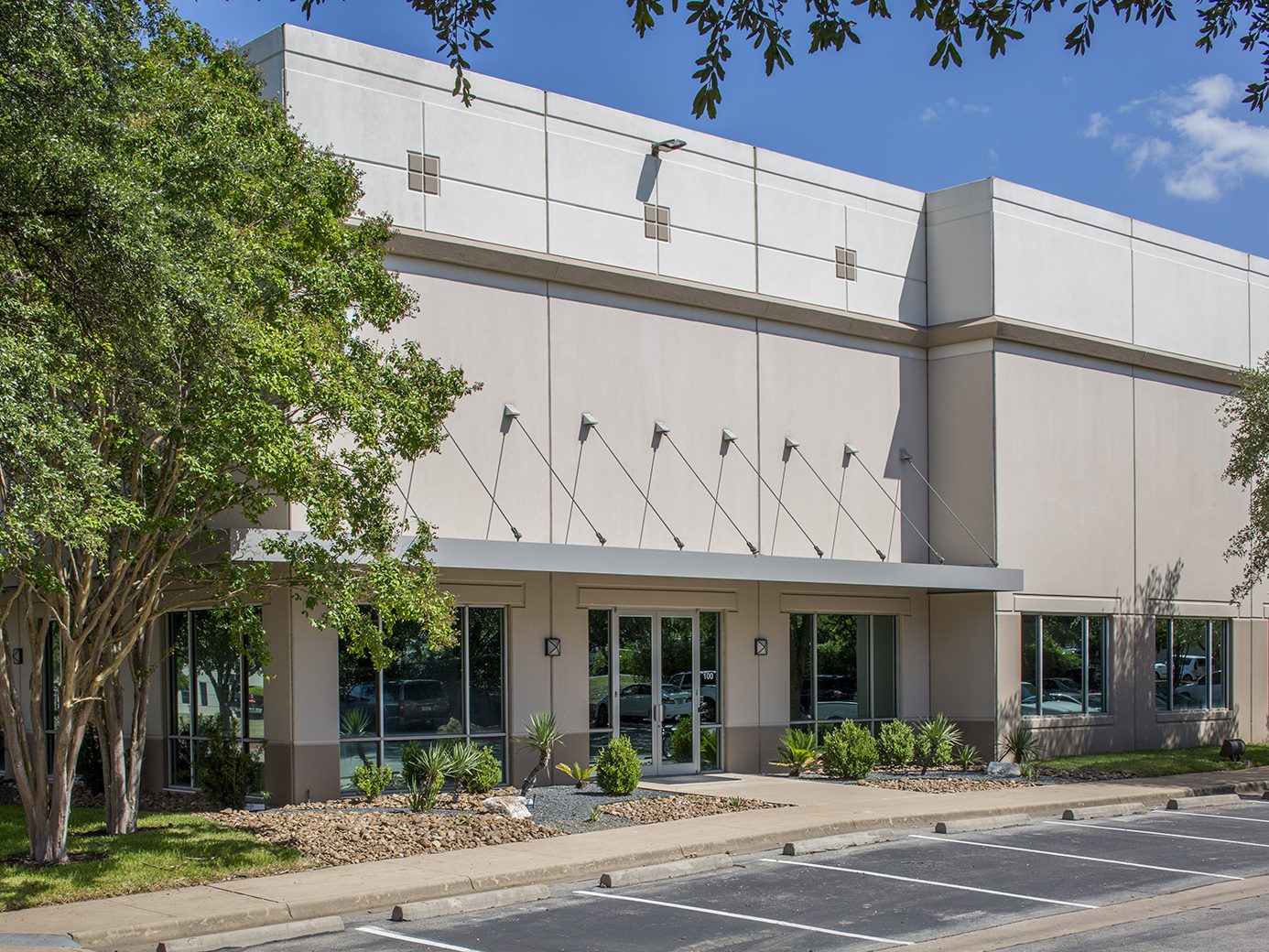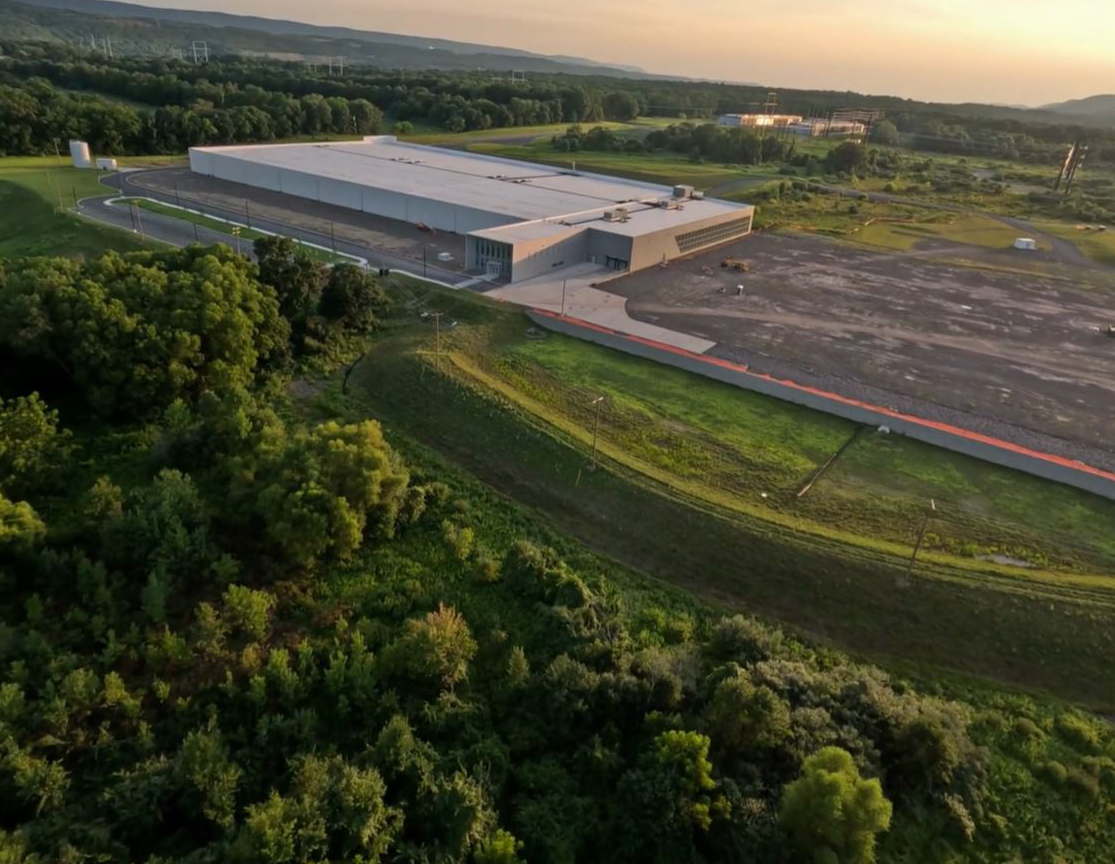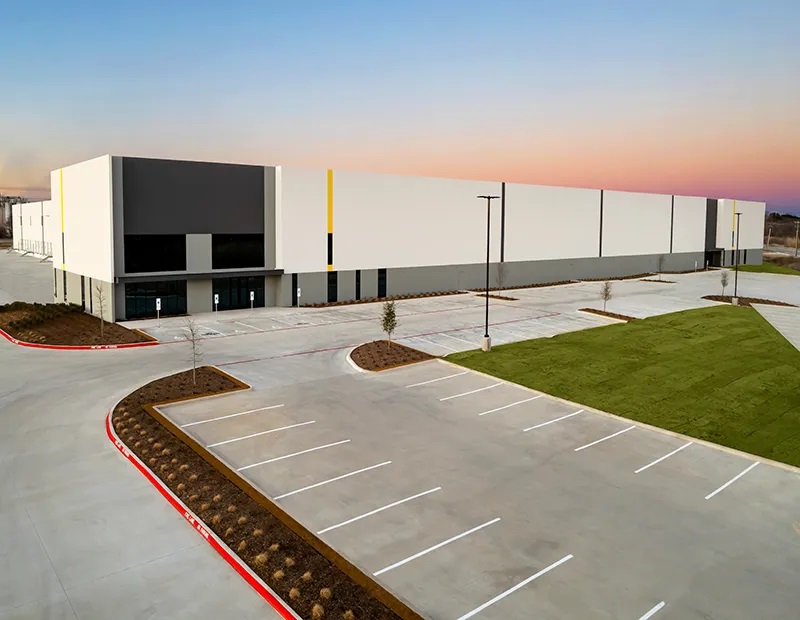NetLease Q&A: Randy Blankstein Says Market is Slowest in Career
Early this year, when CPN last spoke with Randy Blankstein, president of Northbrook, Ill.-based Boulder Group and Boulder Group Net Lease Funds, the credit crunch was clearly affecting deal volume in the net lease world, but not quite as much as it would later in the year. Now, in the midst of financial turmoil unheard…
Early this year, when CPN last spoke with Randy Blankstein, president of Northbrook, Ill.-based Boulder Group and Boulder Group Net Lease Funds, the credit crunch was clearly affecting deal volume in the net lease world, but not quite as much as it would later in the year. Now, in the midst of financial turmoil unheard of since the 1930s, the outlook for net lease is even less promising. Blankstein foresees a recovery period of a year or more, with possible reverberations affecting net lease property valuations well into the 2010s. CPN: How much is net lease deal volume off now? Blankstein: The market is as quiet as I can remember out there — volume is off easily 50 percent year over year, probably more. The consensus view is that you don’t really put a property on the market unless you really need to sell, because financing is so scarce. There’s also an idea out there that financing will get better in the first quarter of next year, but I don’t think improvement is coming quite that fast, just because the calendar changes. CPN: So the slowdown in net lease is going to be fairly long-lasting? Blankstein: Yes, but not permanent. Still, there’s a large disconnect between buyers and sellers, and that gap doesn’t seem to be closing. Investors who paid very aggressive cap rates in the years before the crunch are having a very hard time stomaching the new reality. It’s a divided market, and it’s going to be that way for the foreseeable future. CPN: Do you have any longer-term optimism? Blankstein: I do. But next year will be hard. Moreover, the impact of what’s happening now is going to play out over a couple of years, because long-term leases are usually financed with longer-term debt, and the moments of truth for many properties will come in 2011 or ’12 or ’13 — you don’t understand the valuations until the refinance occurs. I don’t expect credit to be frozen years from now, but I’m not sure valuations will bounce back that soon. Valuations are artificially optimistic right now, because of the lack of sales. CPN: Who’s going to suffer most in the current market? Blankstein: Anyone who bought in 2005 or ’06 or early ’07 is facing a problematic situation, especially anyone who used a high amount of leverage. Investors who pursued a core strategy are actually faring worse than those who were more opportunistic, interestingly enough. Say you bought a 20-year property two years ago at a 6.5 cap rate. Now you have an 18-year property, and that cap rate is underwater. If, on the other hand, you bought a shorter-term property, a value-add with a much higher cap rate, that’s doing better.






